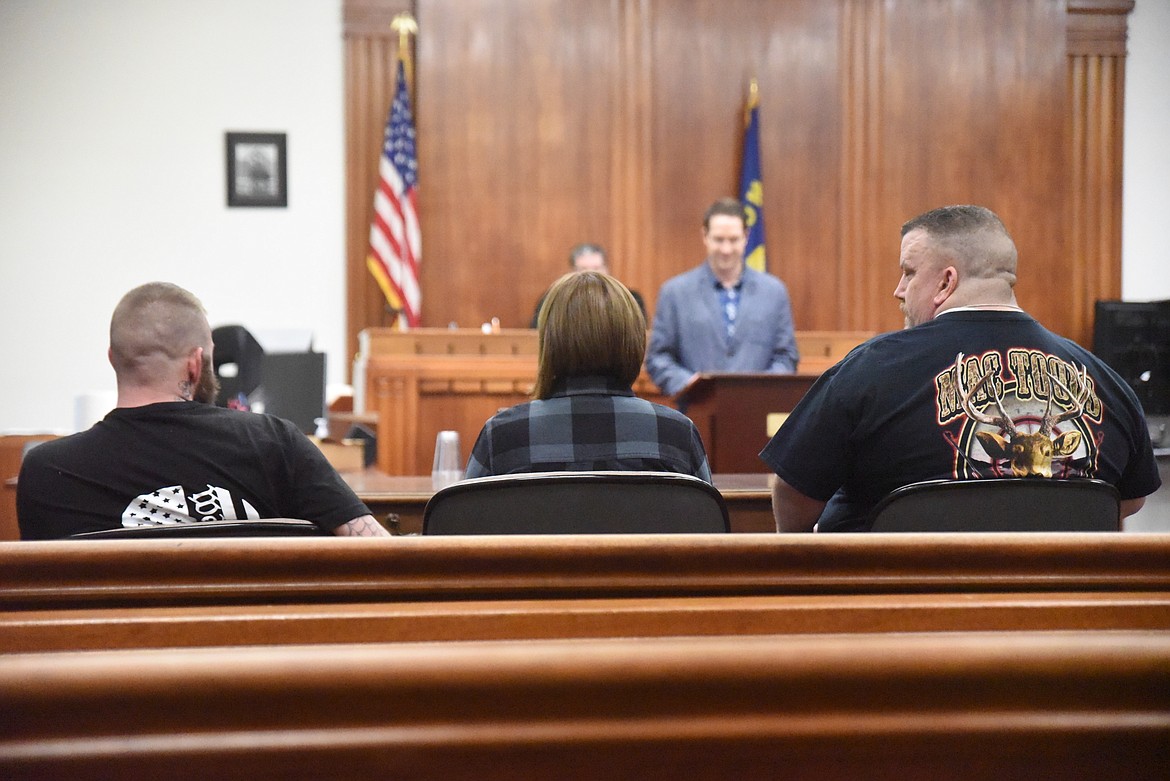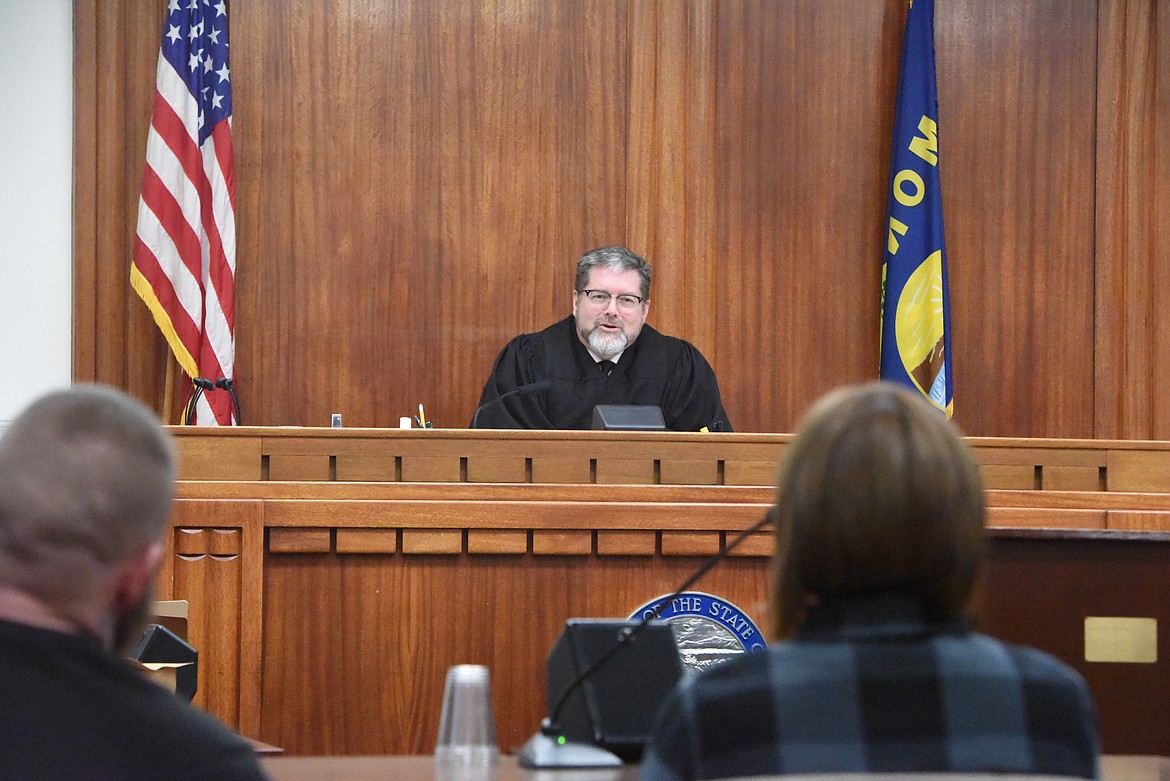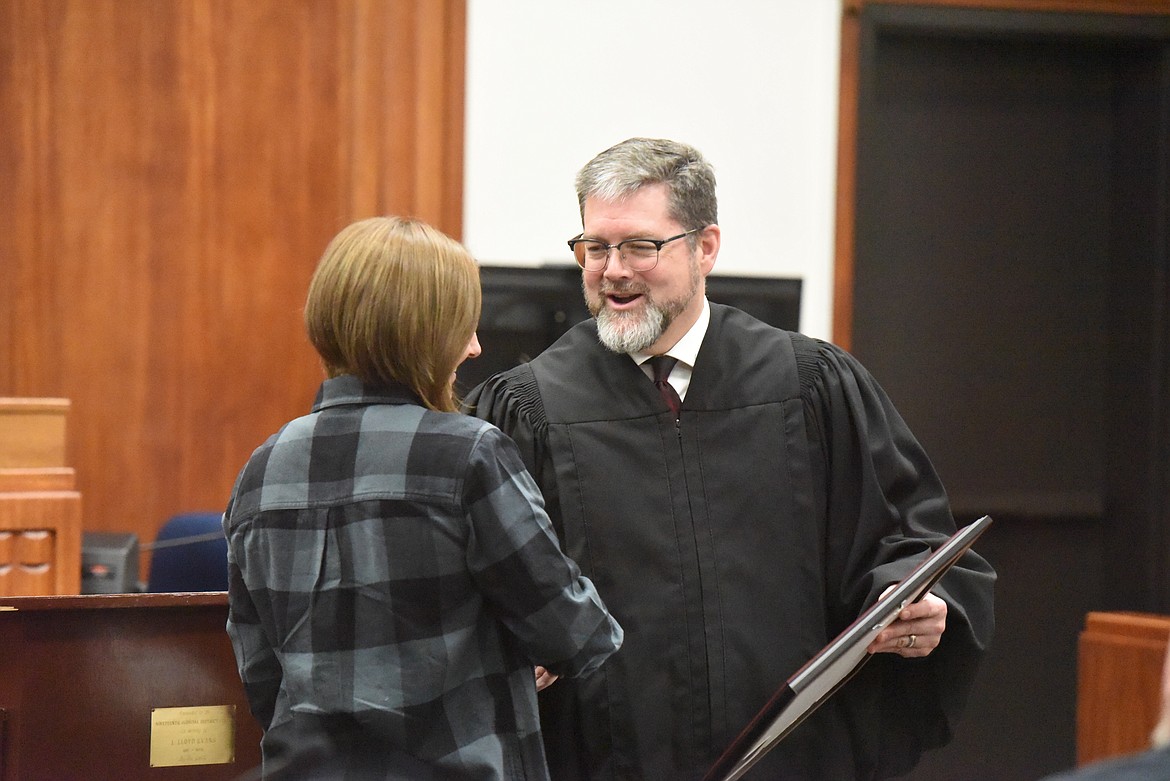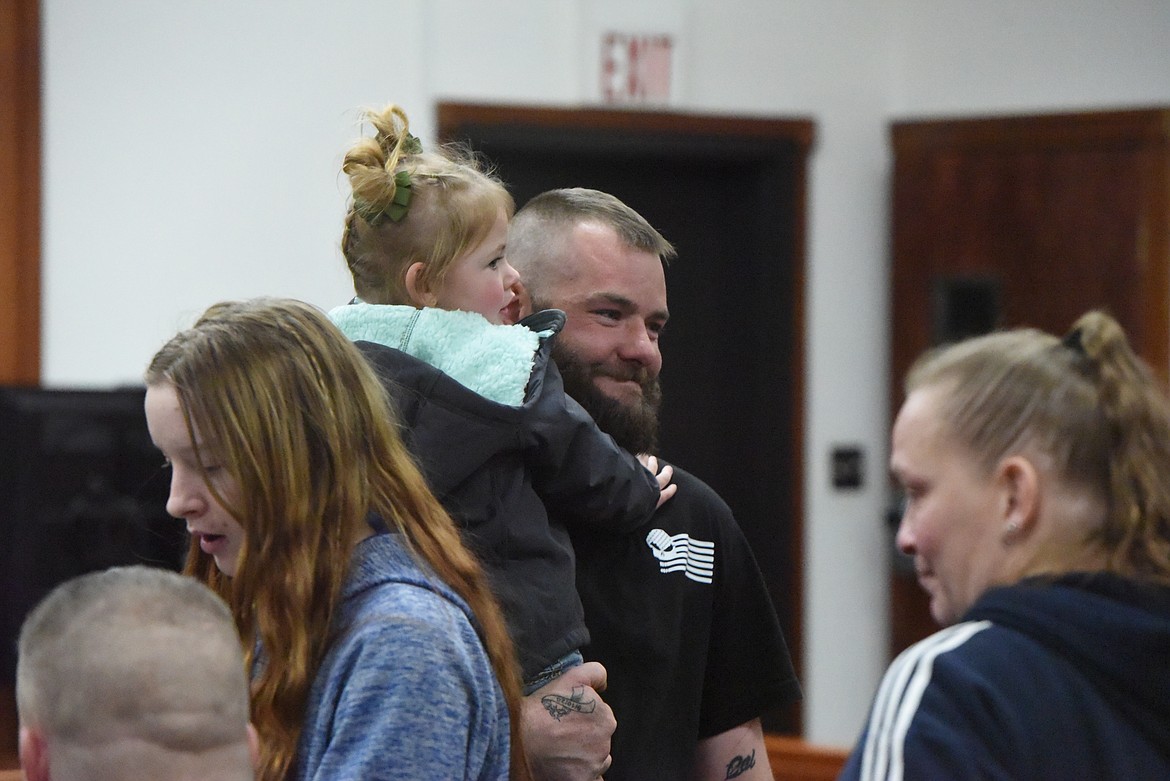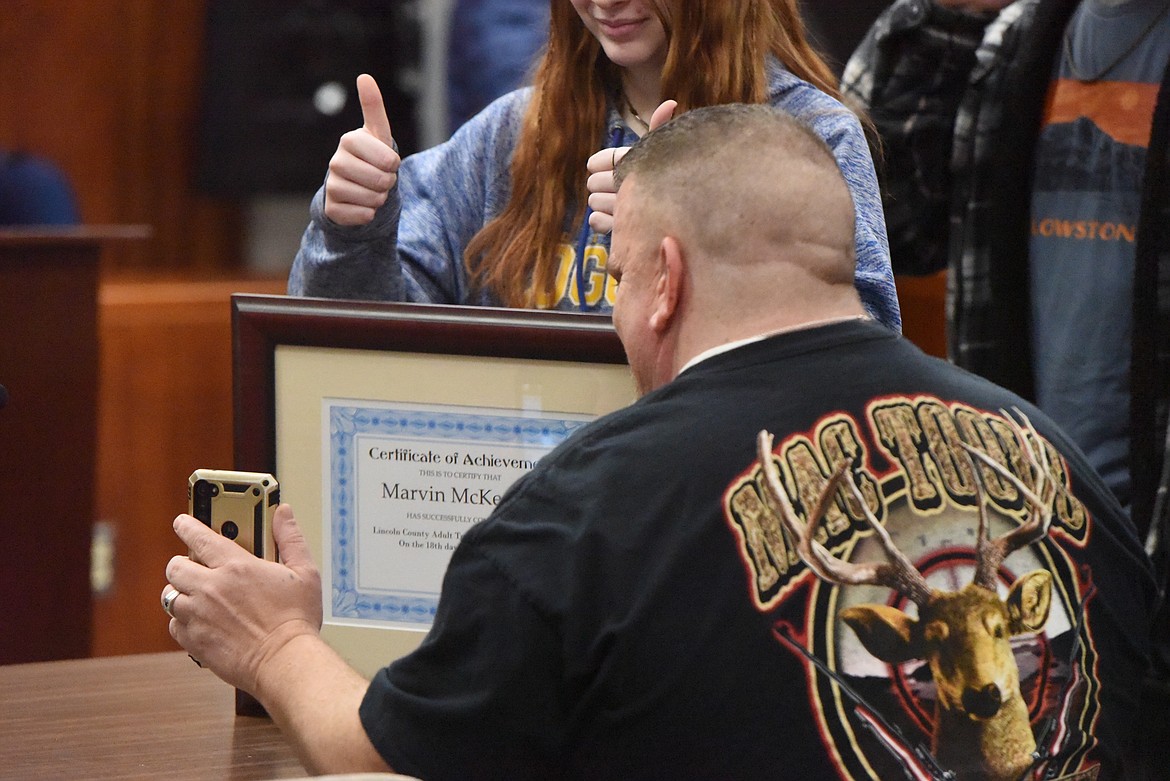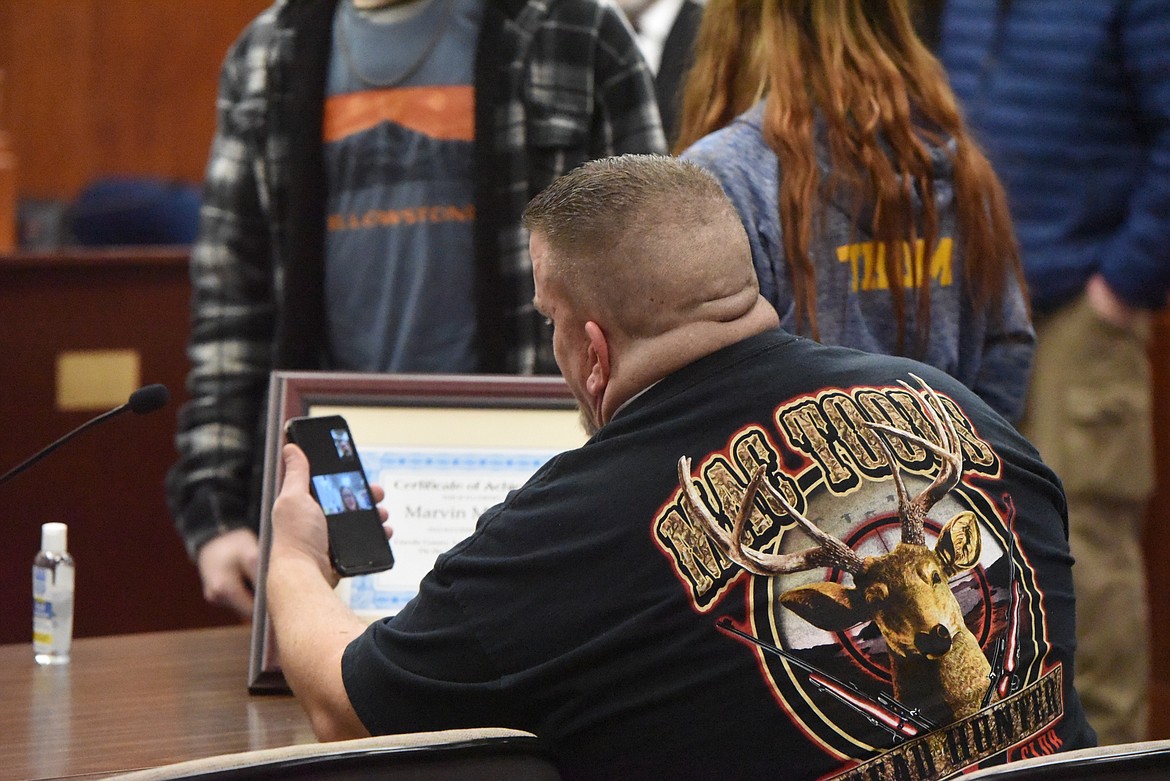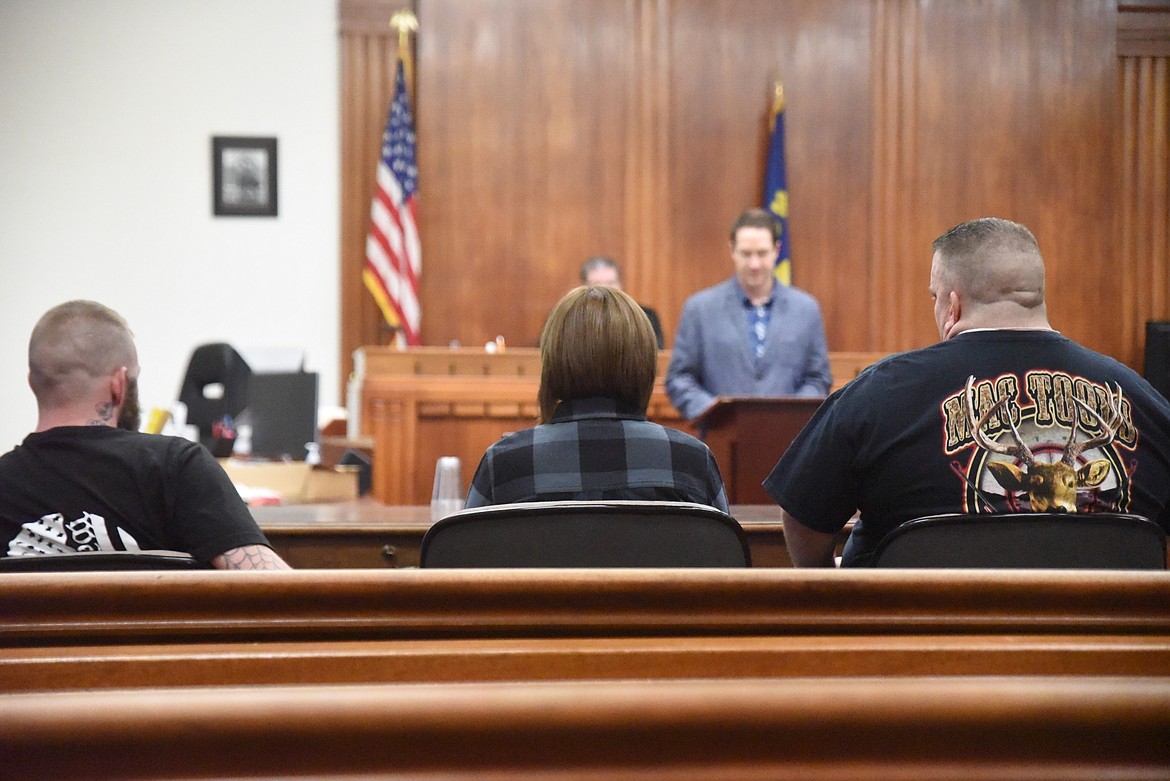Three more graduate from county's treatment court program
Thomas Eaker, Chelsea Faber and Marvin McKeever sat at the defendant’s table, looking up at District Judge Matthew Cuffe on Friday afternoon — and not for the first time.
All three had appeared in district court before...
Become a Subscriber!
You have read all of your free articles this month. Select a plan below to start your subscription today.
Already a subscriber? Login

